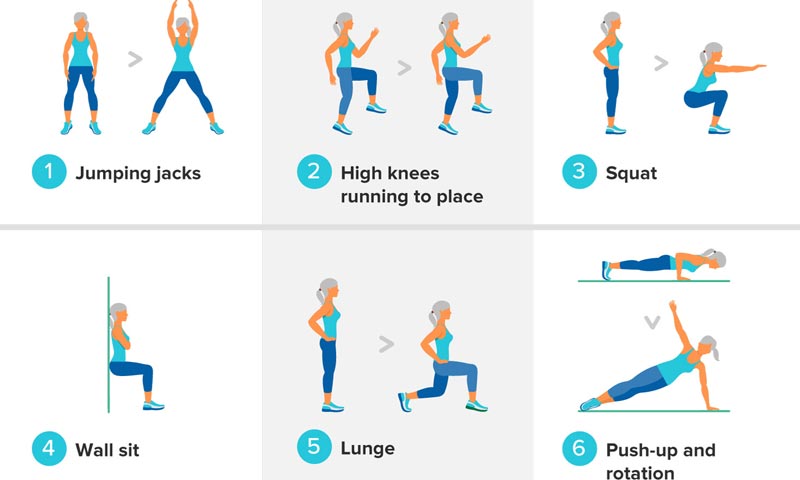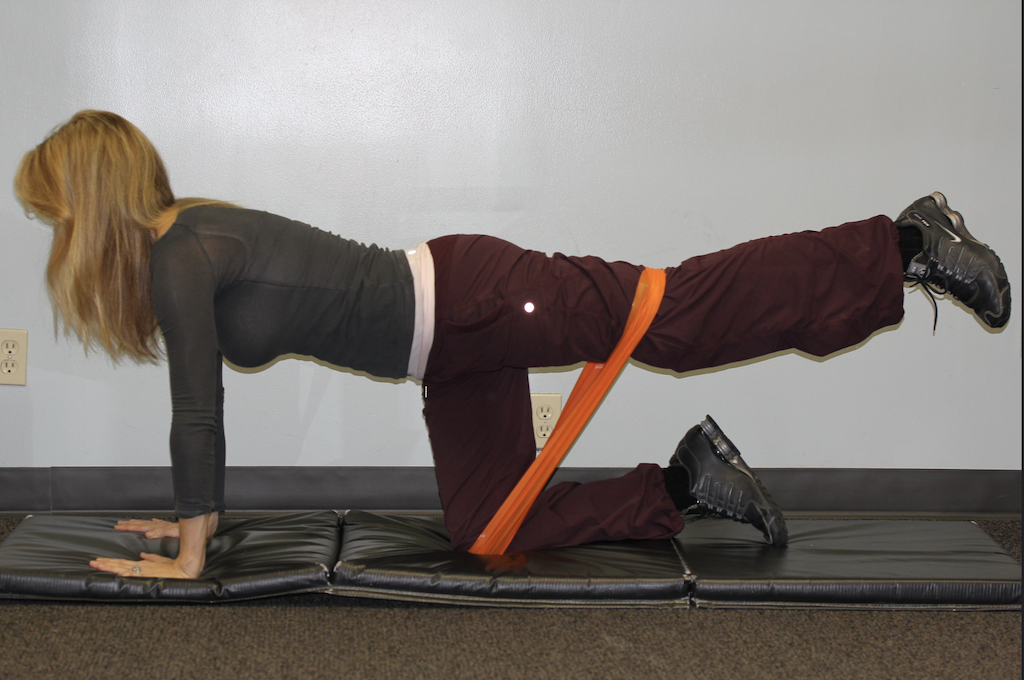Everyone knows regular exercise can help a person to build muscle, lose excess weight, and increase strength and endurance. Yet there are many more reasons to embrace physical activity each week.
Regardless of your age or fitness level, a regular workout can help you to become a healthier, happier person; it is incredibly beneficial. Here are the five ways exercise can improve your mental health.
1. Manage Your Stress Levels
After a stressful day, all you might want to do is relax with a bottle of wine or a takeout, as you might view it as a reward for all your hard work throughout the day. However, exercise might be a much healthier alternative, as it can be an effective form of stress relief.
Sweating can reportedly help people to manage their stress levels, and a workout can also increase the production or the chemical norepinephrine, which can improve the brain’s response to stress.
2. Improve Your Self-Confidence
Exercise can help a person to develop a more positive outlook on life, which can improve their self-perception. Regardless of your age, weight, or height, you will feel happier in your own skin as a result of working out. Your improved self-image could then make the impossible seem possible, so you might be more likely to push yourself outside of your comfort zone to achieve your goals.
3. Effectively Control an Addiction
Living with an addiction can be a constant challenge. While a successful drug detox treatment might help a person recover from an addiction, they will need to manage the urge to return to their old ways every day. Short exercise sessions can, however, be the best solution, as they can reportedly provide addicts with a much-needed distraction. Also, as the brain will release the addictive chemical dopamine during exercise, it can become a healthy tool that will help people to remain sober.
4. Prevent Cognitive Decline
While memory decline is a natural part of aging, there are degenerative diseases, such as dementia, which can destroy a person’s brain cells. Consequently, this can lead to a loss of essential brain functions.
While there is no cure for dementia, both a healthy diet and exercise can help to reduce the cognitive decline a person will experience after the age of 45 years old. If you are aged between 25 to 45, you can prevent the degeneration of the brain’s hippocampus with a healthy lifestyle, which could potentially protect your memory.
5. Increase Your Brain Power
Exercise will not only target your biceps, but it will also pump up your brain. Various scientific research on both mice and men have found that cardio can generate new brain cells, which can improve the brain’s overall performance. This is because it can reportedly lead to higher thinking, better decision making, and an improved memory. So, if you want to excel in your career or study for an exam, enjoy a little cardiovascular exercise every week, such as walking, jogging, running, or dancing.





